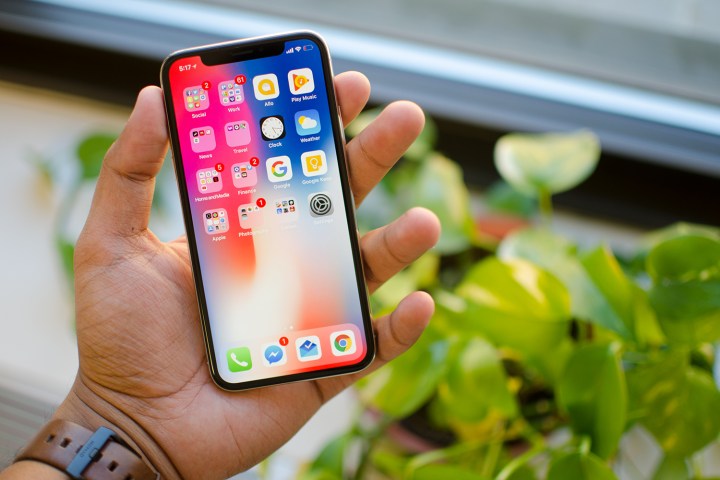
Face ID lets you unlock your phone with just your face. The iPhone X uses depth-sensing technology and 3D mapping to accurately identify your face, and it can be used not just to unlock your phone but to authenticate payments or enter banking apps. Reuters reports Apple will allow third-party app developers access to some of this facial recognition data. With permission from the user, developers can capture a rough image of a user’s face and more than 50 different facial expressions. Developers can then transfer this information to their own servers.
Apple’s decision to open this data up to app developers is likely intended to create a better user experience. Developers like Snapchat or Facebook could use this face-mapping data to create more accurate filters, while game developers could create interactive avatars. Although developers can capture a rudimentary face map and some gestures, the data they receive will not be able to unlock phones or identify anonymous users.
While the Apple agreement allows app developers an opportunity to collect facial recognition data, it explicitly bans developers from using this information for advertising and marketing purposes. Developers are also prohibited from using the data to create a user profile of anonymous users and cannot sell any of the data to third parties.
In addition to Apple’s agreement with app developers, the company still requires an extensive review before any app makes it to the App Store. Apple also has the right to pull any apps from the App Store, although it’s unclear if the company has ever removed an app for sharing information to third parties without permission.
Even with all of these safeguards in place, privacy organizations like the American Civil Liberties Union and the Center for Democracy and Technology remain concerned that developers could inappropriately use facial recognition and expression tracking to cater content and advertisements to users.
Though Apple appears to be going out of its way to ensure facial recognition is used properly, you should carefully read, and consider the source, before allowing developers access to their camera. We reached out to Apple for comment.

